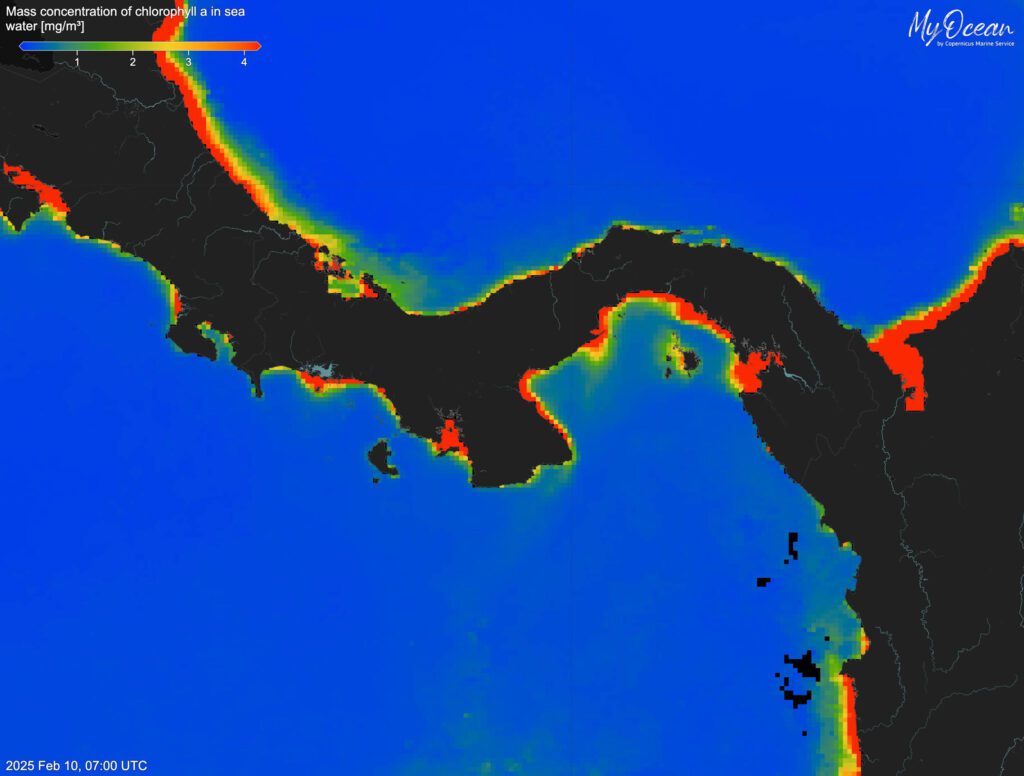In early 2025, a significant change occurred in the Bay of Panama, with upwelling—a vital oceanic process that typically brings nutrient-rich cold water to the surface—failing for the first time in 40 years. Research from the Smithsonian Tropical Research Institute revealed a sharp drop in marine productivity, as the upwelling that normally boosts the ecosystem during the dry season did not happen.
Historically, Panama’s upwelling begins by January 20th, lasting about 66 days, but in 2025 it started later and lasted only 12 days, with surface temperatures remaining unusually warm. This disruption is linked to reduced wind patterns that typically trigger the upwelling process, potentially influenced by climate events like La Niña.
The implications are serious for local fisheries and coral reefs, which rely on the nutrient influx to thrive. If this pattern continues, fishermen may need to adapt strategies, and there could be significant shifts in marine ecosystem dynamics. The study emphasizes the need for better monitoring systems to understand these changes.
Source link


